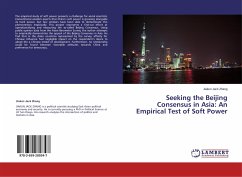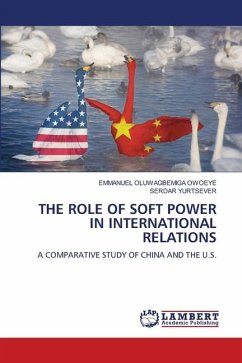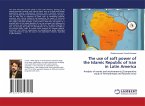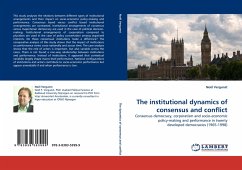The empirical study of soft power presents a challenge for social scientists. Conventional wisdom asserts that China's soft power is growing alongside its hard power, but few scholars have been able to demonstrate this phenomenon empirically. This project represents a first-cut effort at operationalizing and measuring the so-called Beijing Consensus. Using public opinion data from the Asian Barometer Survey, the author attempts to empirically demonstrate the appeal of the Beijing Consensus in Asia. He find that in the Asian countries represented by the survey, affinity for Chinese influence had negligible impact on the respondent's desire to adopt the a Chinese model of development. Furthermore, no relationship could be found between favorable attitudes towards China and preference for democracy.








